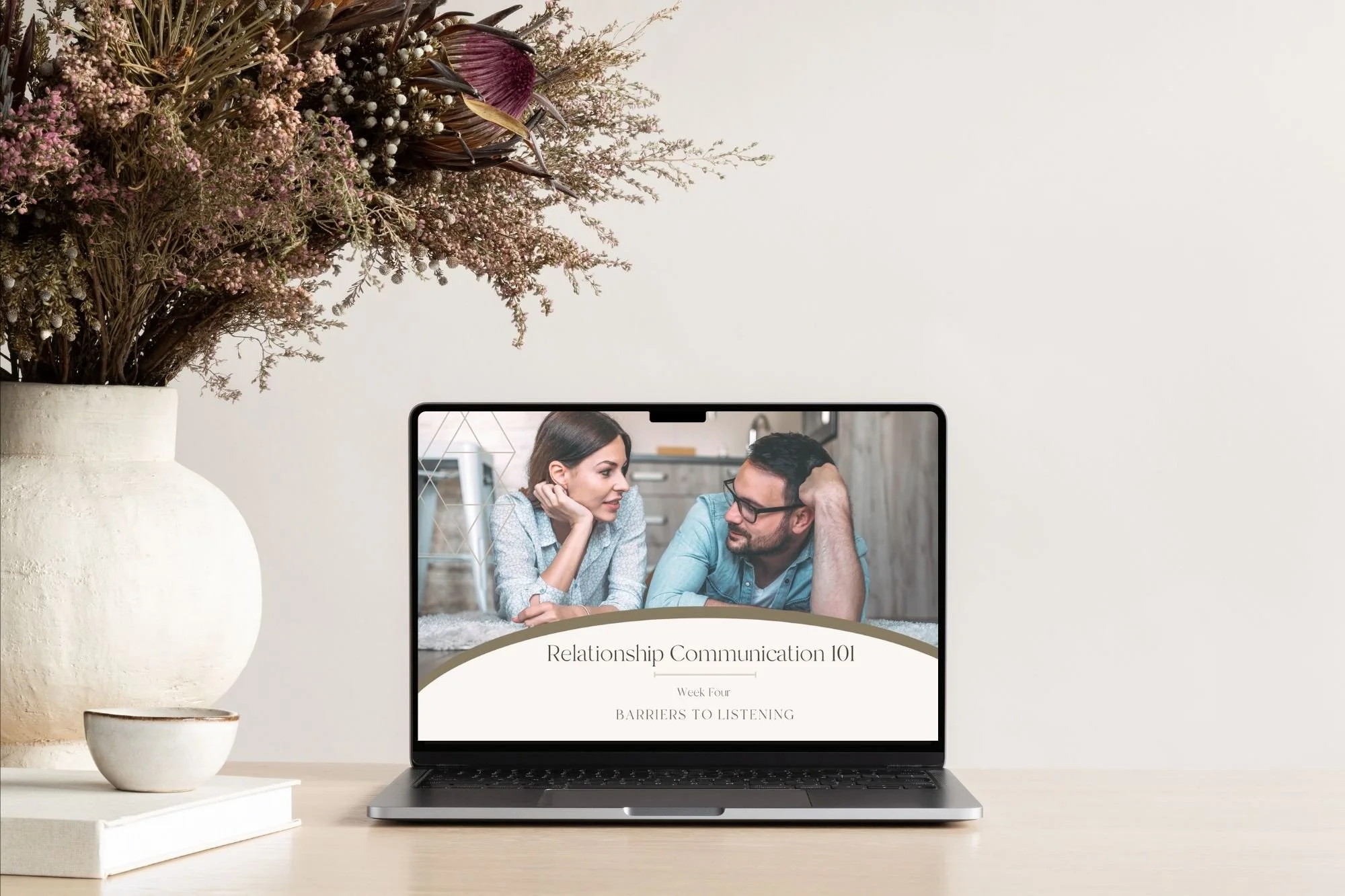Can I have a healthy relationship when I have unhealed trauma?
Braelin writes: “I fell in love after leaving an abusive relationship and it was the happiest either of us had ever been. Unfortunately, I still had a lot to heal from and he told me that he wanted me to be healthy and respect myself before we started anything serious and although it hurts, I agree. We can’t have a healthy relationship with unhealed trauma. He still wants me in his life and plan time together. So my question is, what are some things you recommend to heal? I don’t want to react to him the way I did to my ex.”
Dear Braelin,
How to heal past trauma so you can have a healthy relationship—that’s the million dollar question, isn’t it?
While it may seem like having unhealed trauma means it’s impossible to have a healthy relationship as long as you have unhealed trauma, it turns out that’s not the case —which is good news for all of us.
But it is nearly impossible to have a healthy relationship if you have unhealed trauma that you’re not dealing with.
Your trauma will come up eventually in an intimate relationship (even when we might wish it wouldn’t).
When it comes to relational trauma (including the kind that comes from being in an abusive relationship) our philosophy at Alchemy of Love is that what is hurt in connection heals in connection.
Connection is the heart of healing relational trauma.
I think of healing past trauma as a process that has two layers. There’s one layer we can work through while we are single and not dating. And then there’s another layer that only gets revealed when we get into a new intimate relationship.
We can do a lot of work on our own (or with the support of a therapist). But we can’t do it all on our own. Even when individuals feel like they’ve done all the work and healed all the things, once they get into a new relationship, they inevitably discover that there’s more work to be done.
That’s because intimate relationships are exceptionally effective at triggering hurts from past relationships.
There are some hurts that only rise to the surface—and have the chance to heal—once we really allow ourselves to get close to someone else.
So let’s talk about that first layer and how to take steps to healing on your own (or with the help of a therapist). You write that you agree with your partner’s assessment that you need to be healthy and respect yourself before getting into a serious relationship.
Here are some questions that can help you begin working toward this:
Where is the absence of self-respect showing up for you right now? Where do you see potential opportunities to begin healing your relationship with yourself? When do you feel like you may be in need of more self-love and self-kindness? And what might be blocking your ability to show yourself the love, kindness, and respect that you deserve?
Reflecting on these kinds of questions will initiate the process of connecting with yourself and building a nurturing relationship with yourself. This is a key aspect of healing past trauma and recovering from an abusive relationship.
When it comes to working on healing that second layer of trauma (the layer that’s only revealed when we’re in a relationship), it begins with making connections between your past relationship experiences and how you react and respond in your current relationship.
Think about your interactions with your most recent partner. Is there a particular experience that you can look back on now and recognize your old trauma was activated?
For example, maybe your partner said or did something that stirred your past trauma and before you knew it, you responded in a way that had less to do with what was happening in that moment and far more to do with what had happened in the past.
Trauma is stored in your body in a way that doesn’t have a time stamp on it. When we’re reacting from the place of past trauma, in the moment, it’s hard to realize our reaction really doesn’t have anything to do with what’s happening right now. It only becomes clear later, when we look back.
In some ways, having your trauma responses activated is like driving a route you’ve gone a million times before. You go into autopilot and suddenly you’re cruising through a familiar part of town without have any idea exactly how you got there.
That’s what makes it so tricky to heal trauma … to some degree we don’t know it’s even there until we find ourselves in the thick of it. This is why healing trauma requires taking time to self-reflect afterwards when something goes wrong in interactions with a partner.
And that’s why it’s not possible to fully and completely heal trauma from a past relationship before we get into a new relationship. We can only go so far on our own, by working with the things that we already know are there.
Other trauma-related things won’t show themselves until we’re in a relationship, because it’s the things that happen in the relationship that will stir up our old trauma.
In other words, there’s no such thing as healing all your old trauma before getting into a relationship.
But you can certainly take steps to work through what you already know is there. And you can take steps to understand the elements of trauma that are likely to come up when you’re in a relationship, so you already have some ideas for how to handle it when your trauma does come up.
What do I mean by this? I’ll give you some examples and then you can figure out how to apply this to your own situation and your own trauma.
Let’s say your abusive relationship included being the target of cutting remarks, constant criticism, and unflattering comparisons between you and others, in which you never measure up and you’re never good enough. And now maybe in your new relationship, you hear everything your partner says through that lens of criticism from your last relationship. When he said I looked nice today, was he saying that I usually look bad? What did he really mean by that?
Or let’s say your abusive relationship included having a partner who was deceitful and carried on extracurricular romantic relationships that he kept secret from you. He put his phone away quickly any time you came near him, or he slammed his laptop shut when you approached. And in your new relationship, all it takes is your partner getting a text message during dinner for you to get suspicious.
And because you overlooked the signs of betrayal and deceit in your last relationship, this time you are hyperaware of any potential red flags. Who’s texting him right now? Why was he fifteen minutes late getting home? Why didn’t he answer his phone right away when I called?
It’s hard to tell the difference between paranoia and listening to your gut when you get into another relationship after being betrayed.
You have to identify what your triggers are in order to anticipate them and make a plan for how to handle them differently in the future. This means figuring out when you are most likely to react to your new partner in ways that you reacted to your ex.
Consider which situations you’re particularly sensitive to, when you are most likely to react in ways that have nothing to do with the present moment and everything to do with the past.
I would guess that if you spent some time thinking about this recent relationship, you could easily come up with ten specific situations in which your past trauma impacted your relationship. If you’re the sort of person who likes to write, this might be an opportunity to buy yourself a beautiful notebook or journal, which you can use as part of your healing process.
Write down these situations. And then one by one, ask yourself these questions:
What happened in this situation? How did I feel? What did I think was happening in the moment? What am I able to see now about what happened that I couldn’t see then? What might help me respond differently in the future?
For example, this might look like:
What happened? My parter was fifteen minutes late arriving to the restaurant. He didn’t answer the text I sent him.
How did I feel? I felt rejected and abandoned.
What did I think was happening in the moment? I thought he’d forgotten about our dinner plans. I started thinking that he didn’t care about me, because if he did, he would have been on time. I told myself that he couldn’t even be bothered to show up on time. He didn’t care that I was left alone at the restaurant, totally forgotten and unimportant. By the time he arrived, apologized, and told me his work meeting went longer than he’d expected, I was in such a bad mood, it felt like the night was already ruined.
What can I see now that I couldn’t see then? My whole interpretation of what was happening was inaccurate. The story I told myself about what was happening and why he was late ended up making the evening unpleasant, not my partner being 15 minutes late. My reaction had to do with feeling abandoned like when I was a child and it really had very little to do with my partner being late to dinner.
How could I respond differently in the future? I’m really sensitive to being rejected, so when I feel rejected, it shifts my whole perspective in unhelpful ways. Being aware of how sensitive I am when someone is later than I expected is helpful. Now that I can anticipate how I might react, I can remind myself not to make assumption about what’s going on.
Next time, I can just say something like, “Even though I get that you really couldn’t help being late this evening, I’m still feeling upset. It’s not really about now. It’s about old things that happened to me in the past. I think we can still have a good time tonight. It might just take me a bit of time to reset. What are you thinking about ordering?”
Going through this process of self-reflection related to every way in which your past trauma has reared its head in your new relationship will help you start making conscious connections between what happened in your past abusive relationship, what triggers those old experiences, and how you react in response to that old trauma.
It’s not about figuring out how to not get triggered. The reality is that when we have past relational trauma, we’re going to get triggered in our relationships sometimes. But it’s also true that the more we work through things, the less frequently we’ll get triggered over time, as our sense of safety in a relationship builds.
Instead of trying not to get triggered, I recommend focusing on gaining insight about what happens when you do get triggered and then developing strategies to work through these kinds of situations when they arise.
The goal of healing is not that your trauma never gets activated. (That’s not realistic.) The goal is to move from reacting and enacting your old trauma to learning how to talk about your trauma instead.
Whenever we’re able to say something to a partner like, “Logically, I know you’re late because your work meeting when late, but I’m still feeling like it’s because I don’t really matter to you,” we are essentially narrating what’s happening inside us.
We’re letting our partner have a window into our inner experience by sharing it without making our partner responsible for our feelings.
This is very different from reacting to our partner as though they’re inconsiderate and uncaring, which is often the prelude to misunderstandings, hurt feelings, anger, and pointless arguments that discharge the tension that’s generated by trauma activation … without leading to anything productive.
You’ve already discovered that it’s possible to love deeply and happily after leaving an abusive relationship behind.
Unhealed trauma doesn’t have to stand in between you and a richly satisfying long-term relationship.
And on that note, I’m wishing you the very best as you continue to deepen your connection with yourself, gain insight into old patterns, and learn new skills for working with your trauma when it arises.
~Angela
Creating fulfilling relationships after trauma is a journey. Enter your email to subscribe to Ask Angela and get thoughtful, trauma-informed relationship advice delivered to your inbox.
Ask Angela is an advice column dedicated to the topic of having fulfilling relationships after trauma. Click HERE to submit a question for Angela.
DISCLAIMER: this content is intended for informational purposes only and does not constitute professional medical or psychological advice, diagnosis, or treatment. Always seek the advice of your physician or other licensed health care provider with any questions or concerns you may have regarding a medical condition.
about angela Amias, LCSW
Angela Amias, LCSW is a relationship therapist and nationally-recognized expert on trauma and relationships. She’s the co-founder of Alchemy of Love, which provides trauma-informed relationship programs and resources. She’s also the founder of the Institute for Trauma Informed Relationships, which provides training and education to therapists and coaches who want to help their clients heal past wounds and create more fulfilling relationships.
As an expert on trauma and relationships, Angela has been featured in numerous publications, including Today, Oprah, Cosmopolitan, The Independent, Well + Good, Inc., Forbes, Business Insider, Salon, MSN, Women’s Health and the Toronto Sun.







